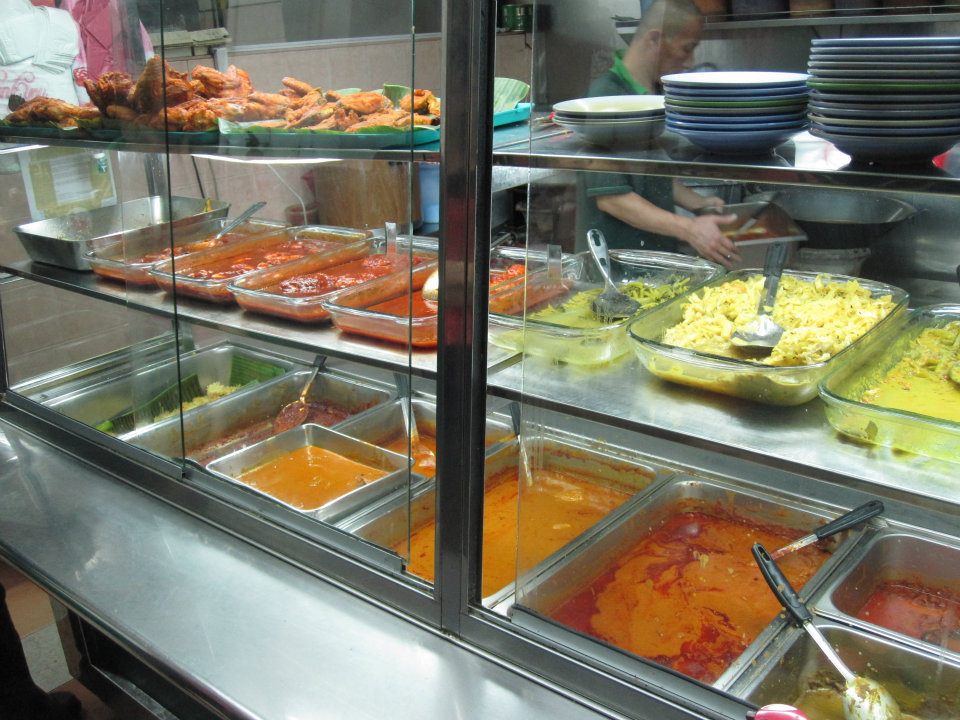The number of eateries whose operations have been suspended in Singapore have increased over the past three years. The number was a paltry 62 in 2013, and has increased to about 132 in 2016. The licenses were cancelled on account of food hygiene lapses.
The most common hygiene-related violations included failing to register food-handlers, selling unclean food and failing to keep the premises clean or free from pest infestations.
These figures of cancellation of licenses were given by Dr Amy Khor, Senior Minister of State for the Environment and Water Resources, in Parliament while responding to the questions raised by two MPs.
Dr Tan Wu Meng, MP from Jurong, GRC, had asked if there had been an increasing trend over the past three years of eateries having their licenses cancelled while Melvin Yong Yik Chye, MP from Tanjong Pagar, GRC, had asked about the some of the factors contributing to poor food hygiene in food courts.
Speaking about the suspension of the licenses, Dr Khor said that of the 132 licenses suspended in 2016, 60 involved stalls in food courts, coffee shops and canteens – up from 14 in 2013.
To check the activities of the food eateries, National Environment Agency (NEA) carried out more than 148,000 inspections, and took enforcement actions in more than 3,200 cases in 2016. The agency took action in 2,500 cases in the year 2013.
However, food-poisoning incidence rate in Singapore’s retail food outlets has remained low. Since 2013, it has consistently been 3.2 food poisoning outbreaks per 1,000 food retail establishments, or below. This means that 0.32 per cent or less of the food retail establishments were implicated in food-poisoning outbreaks each year.
Dr Khor said, “This suggests that the systems put in place were effective deterrents against poor food hygiene practices.”
However, she added, “Authorities cannot be complacent and must continue to maintain a strict stance on food safety.”
The NEA licenses more than 37,000 food retail establishments in Singapore including restaurants, food kiosks, caterers and food-stalls within hawker centres, coffee shops and food courts. Its officers regularly inspect food retailers to make sure they comply with hygiene standards, and educate operators on proper food hygiene practices during inspections.
However, if these food outlets violate the rules, then they can also be penalised. If convicted of violating the Environmental Public Health Act, licensees are liable to be fined up to SGD2,000. They are also given demerit points for each offence committed, and should they get 12 demerit points within a 12-month period, their licenses will be suspended for two weeks as an added penalty. Recalcitrant licensees may have their licenses revoked.




